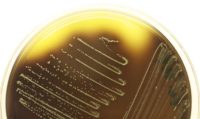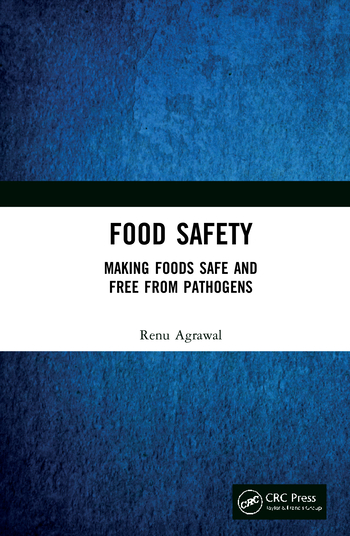Scientists Discover Vibrio Bacteria Can Go Dormant, Wake Up

Research scientists in England have discovered that a certain type of Vibrio bacteria can go dormant and later "wake up."
Vibrio parahaemolyticus can cause gastroenteritis when it infects raw/undercooked shellfish, such as oysters, and mussels, which are later eaten by consumers.
If temperatures are cold, the bacteria is able to become dormant, and can remain in a hibernation state for long periods of time, before it resuscitates.
Vibrio parahaemolyticus generally grows in warm and/or tropical marine environments, but in recent years due to rising sea temperatures it now can be found in UK waters during summer months.
The University of Exeter scientists who discovered the population of dormant cells that are better at waking up also discovered an enzyme that is involved in the process. Although most of the bacteria die when they encounter poor growth conditions, some sub-populations are able to stay dormant.
These findings have major implications for seafood safety, since the dormant cells aren't able to be found using routing screenings tests, and the true bacterial load (amount of bacteria) might not be found.
The study was partially funded by the Biotechnology and Biological Sciences Research Council, Lyons Seafoods providing additional funding and support.
Click here to read the full study.
Looking for a reprint of this article?
From high-res PDFs to custom plaques, order your copy today!









